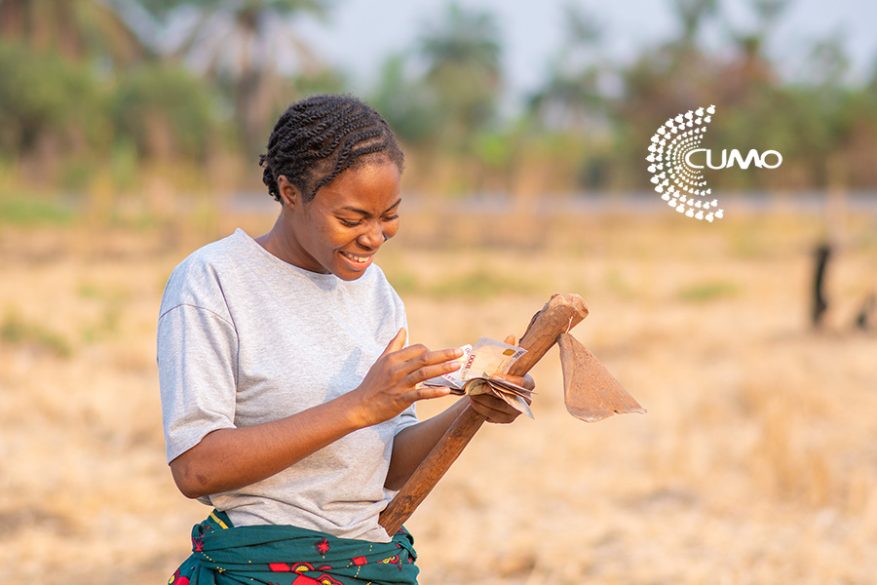CUMO Microfinance, the rural bank that was set up as a small pilot project to provide loans to just 100 rural farmers in Malawi less than a quarter century ago, provided loans totalling €6.8 million to its rural poor households, last year.
The bank has a client base of over 72,000 members, and provides savings and loans through a network of 4,368 Village Savings and Loans Associations (VSLAs) which it operates in 23 of Malawi’s 28 districts. 84% of CUMOs clients are women, most of whom access loans to support agro-processing and other farm trading activities.
CUMO provides loan services according to client-needs, with most borrowing linked to on-farm agro- processing and smallholder farm trading activities. In recent times the bank also became the first finance institution in Malawi to offer life-insurance to small-scale farming households, and insurance cover to farmers in the event of crop failure.
The bank, which was a part of United Purpose, is wholly owned by Self Help Africa. Established in 2000 as a project funded by the UK’s Dept of Foreign and International Development (DFID), CUMO Microfinance has, in four of the past eight years been awarded the highest compliance rating by the Reserve Bank of Malawi, the only non-deposit taking institution to have achieved such a rating.
Alongside its comprehensive package of banking services including savings, loans and insurance services, CUMO also supports its rural membership with a range of financial literacy and entepreneurship support through a digitised mobile CUMO Entrepreneurship Training Centre (CETC). Since the inception of CETC, an estimate 76,000 Malawians have accessed training services.
96% of the bank’s clients live on landholdings of less than two acres. The bank, which is run from a head office in Lilongwe has also been involved in supporting social cash transfer programme recipients, assisting those in receipt of cash transfer humanitarian aid to start savings, so that they can accumulate assets, start small businesses and a higher degree of financial security.


